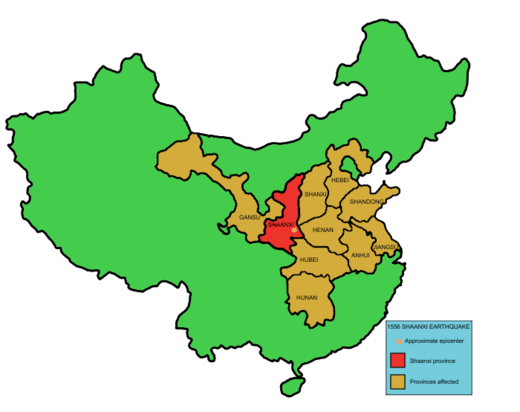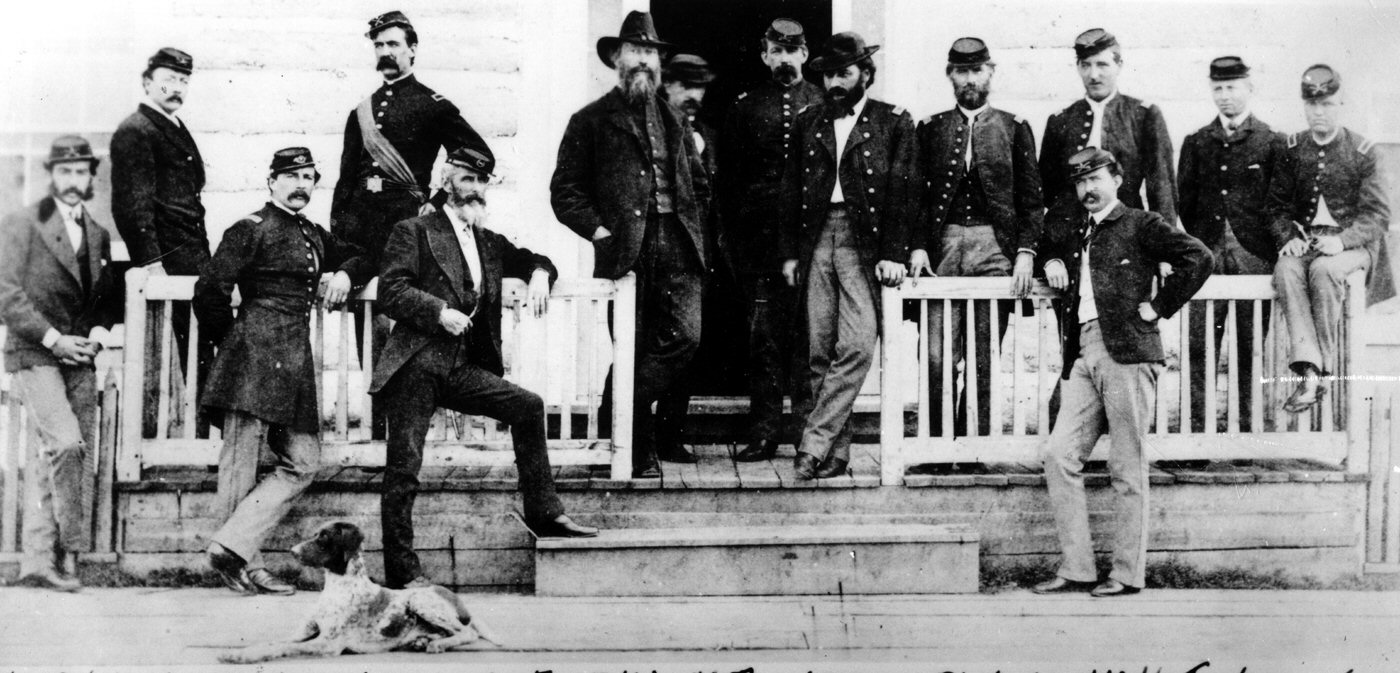1500s
Today in Labor History January 23, 1546: François Rabelais published the “Tiers Livre,” his sequel to Gargantua and Pantagruel. It was his first publication in eleven years.

Today in Labor History January 23, 1556: The deadliest earthquake in history hit Shaanxi province, China. As many as 830,000 people died. Most of the residents lived in yaodongs, artificial cliff caves that collapsed and buried them alive as they slept. The damage from the quake caused famine and plagues, which caused the majority of the deaths, probably over 700,000.
1800s

Today in Labor History January 23, 1870: U.S. cavalrymen killed 200 Piegan Blackfeet, mostly women and children, in the Marias Massacre. Indigenous writer James Welch portrays the massacre in his novel, “Fools Crow.” A. B. Guthrie Jr also portrays the massacre in the novel, “Fair Land, Fair Land.”
1910s-1930s
Today in Labor History January 23, 1913: Joe Hill‘s song “Mr. Block” first appeared in the Wobbly (IWW) newspaper the “Industrial Worker.”
January 23, 1937: The Soviet Union tried 17 Communists for sympathizing with Trotsky and plotting to overthrow Stalin in the trial of the anti-Soviet Trotskyist center. The trial was one of the many Stalinist show trials that occurred from 1936 to 1938 to purge the government of anyone opposed to Stalin’s rule.
1940s-1950s
Today in Labor History January 23, 1941: Charles Lindbergh testified before the U.S. Congress, recommending that the U.S. negotiate a neutrality pact with Hitler. Many suspected that Lindbergh was a Nazi sympathizer, based on his speeches and writings on race, religion and eugenics, and his glorification of Hitler’s “methods.” President Roosevelt told Treasury Secretary Henry Morgenthau, “If I should die tomorrow, I want you to know this, I am absolutely convinced Lindbergh is a Nazi.”

Today in Labor History January 23, 1958: The Venezuelan military overthrew the dictator Marcos Pérez Jiménez. Almost immediately, people took to the streets, looting the homes of the regime’s supporters, attacking National Security headquarters and lynching officials. The Caracas neighborhood, Barrio 23 de Enero, is named for this event. Protests against the dictatorship began nearly a year before, in March, 1957, during a performance of Aaron Copland’s “Lincoln Portrait.”
2000s
January 23, 2020: The World Health Organization declared the COVID-19 pandemic to be a Public Health Emergency of International Concern. However, had they made a much stronger statement, much earlier, nations might have implemented more effective containment strategies and prevented COVID-19 from becoming a pandemic in the first place.